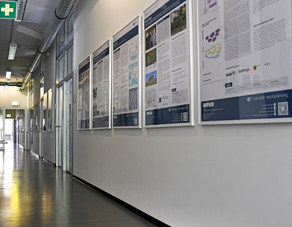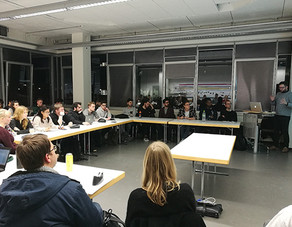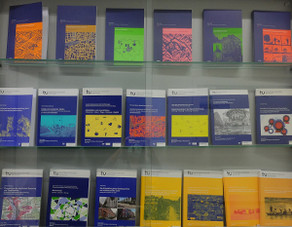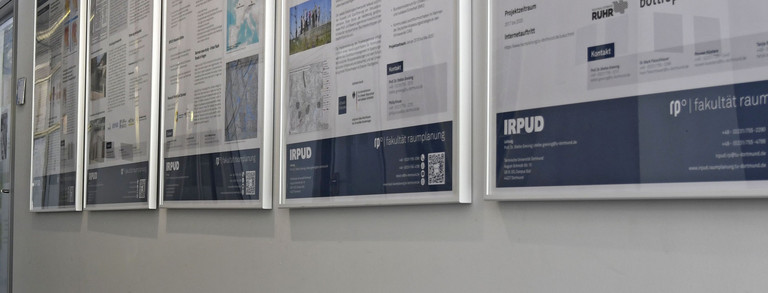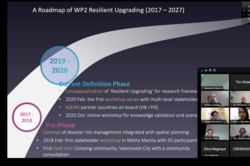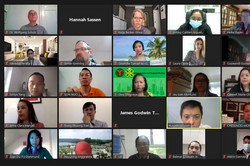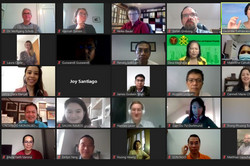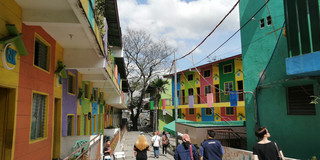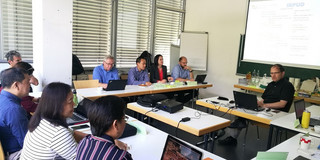LIRLAP: Successful international validation workshop despite COVID-19 pandemic
- Projects
Despite the travel restrictions due to the current COVID-19 pandemic, the validation workshop of the BMBF-funded project, “Linking Disaster Risk Governance and Land-use Planning: the case of informal settlements in hazard-prone areas in the Philippines (LIRLAP)” was successfully carried out. About 60 experts took part in the four-day online validation workshop (October 5-8, 2020). The workshop was organized together with the School of Urban and Regional Planning, University of the Philippines (UP SURP). On the first day, Dean Prof. Dr. Hussein Sinsuat Lidasan, followed by Prof. Dr Stefan Greiving as the project manager, Laura Oexle, Deputy German Ambassador in Manila, Dr. Heike Bauer, DLR and Katja Becker-Sliwa, DAAD representative in Manila, opened the workshop officially. The presence of the LIRLAP cooperation partners from Vietnam, Thailand and Indonesia during the entire LIRLAP online workshop, as well as speakers from national Philippine authorities (National Housing Authority), universities, the Metro Manila development authority, local government agencies (Quezon City) and local NGOs (e.g. KASAGANA KA Synergizing Organizations), underlined the relevance of the workshop.
Aim of the workshop was to validate previous work results from the current definition phase with local experts, to close existing knowledge gaps, and to present the research tasks for the already approved R&D phase (2021-2025). IRPUD is in charge of the work package 2 "Resilient Upgrade" and work package 4 "Capacity Building and Dissemination". Other work packages, Resilient Retreat and Risk Trends and Resettlement Options with Urban Growth are responsible by German partner universities, the University of Stuttgart (Prof. Dr. Jörn Birkmann) and LMU Munich (Prof. Dr. Mathias Garschagen) respectively. The first day of the workshop focused on work package 4. Assoc. Prof. Dr. Dina Cartagena Magnaye, Prof. Dr. David Leonides T. Yap from SURP and Dr. Wolfgang Scholz, IRPUD presented the current status of training courses on resilient urban development as well as on the planned joint doctoral program between the Faculty of Spatial Planning and the School of Urban and Regional Planning. The joint PhD will focus on the research topics of LIRLAP. Together with Prof. Dr. David Leonides T. Yap and Prof. Dr. Cresencio M. Montalbo, Jr., Dr. Juan Du from IRPUD moderated on day 4, the work package 2 "Resilient Upgrading". It covered the preliminary results of the definition phase and an outlook on the R&D phase, a discussion of the results of an online survey and a live survey on upgrading typologies and localized practices, key actors and planning strategies, and adapted requirements and measures. The most important results of the workshop will form the basis for a special edition of the Journal "Sustainability" on the topic of "Sustainable planning of urban regions", which will be published in 2021 under the guest editor Prof. Dr. Stefan Greiving.



